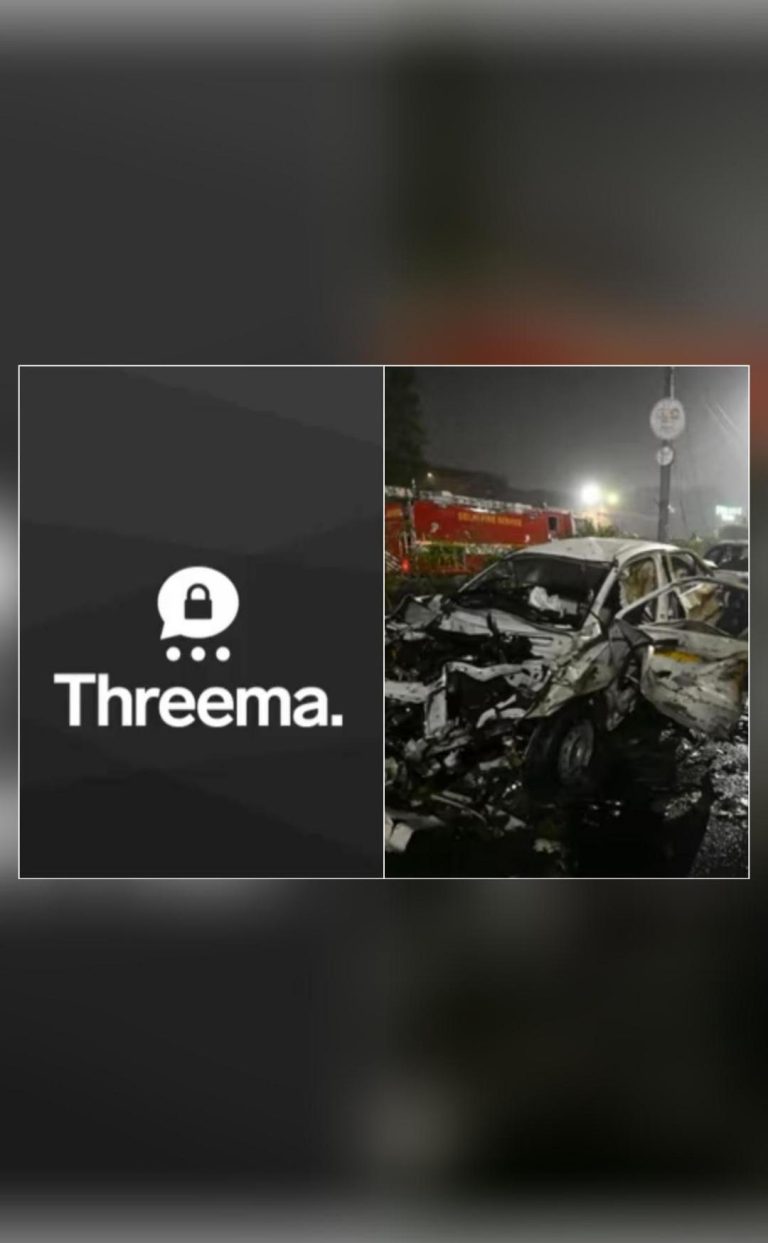
Student Jailed for 2.5 Years in Pak for Learning to Make Bombs Online
In a shocking incident, an anti-terrorism court in Pakistan has sentenced a university student to 2.5 years in prison for learning to make bombs online. The judge also imposed a fine of PKR 50,000 on the student, who was arrested in 2022 and later granted bail in 2023.
The student, identified as a 21-year-old undergraduate, was arrested by the authorities after they monitored his social media conversations with a user from Iraq. The conversation revealed that the student was learning how to make bombs and explosives through online tutorials.
According to the news report, the student had been in contact with the Iraqi user through social media platforms, where they discussed the making of bombs and other explosives. The authorities were alerted to the conversation and launched an investigation, which led to the student’s arrest.
The student was charged with violating Pakistan’s anti-terrorism laws and was sentenced to 2.5 years in prison after a trial. The judge also imposed a fine of PKR 50,000 on the student, which is approximately USD 300.
This incident highlights the growing concern about online radicalization and the spread of terrorist ideologies through social media. The authorities in Pakistan have been taking steps to curb the spread of online extremism, but incidents like this show that more needs to be done.
The student’s lawyer claimed that his client had been misled by the Iraqi user and did not intend to harm anyone. However, the judge was not convinced by the defense and handed down the sentence.
This incident raises several questions about the role of social media in spreading terrorist ideologies and the need for greater vigilance by authorities to prevent such incidents. It also highlights the importance of educating young people about the dangers of online radicalization and the consequences of their actions.
In recent years, there have been several instances of online radicalization in Pakistan, where young people have been influenced by extremist ideologies and have gone on to join terrorist groups or engage in violent activities. The government has launched several initiatives to counter online extremism, including the establishment of a digital media wing to monitor social media platforms and identify potential threats.
The Pakistan electronic media regulatory authority (PEMRA) has also banned several social media platforms and websites that promote extremist content. However, despite these efforts, incidents like the one involving the university student continue to occur, highlighting the need for greater vigilance and action to prevent online radicalization.
The case of the university student also raises questions about the effectiveness of Pakistan’s anti-terrorism laws and the need for greater scrutiny of social media platforms. The authorities have been criticized for not doing enough to prevent online radicalization and for failing to hold social media companies accountable for hosting extremist content.
The student’s sentence sends a strong message that the authorities are serious about tackling online extremism and will take action against those who engage in such activities. However, it also highlights the need for greater education and awareness about the dangers of online radicalization and the importance of critical thinking and media literacy.
In conclusion, the case of the university student who was jailed for 2.5 years for learning to make bombs online is a stark reminder of the dangers of online radicalization and the need for greater vigilance by authorities to prevent such incidents. It also highlights the importance of educating young people about the dangers of online extremism and the consequences of their actions.






